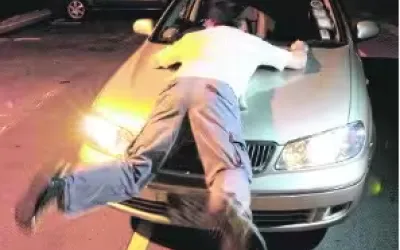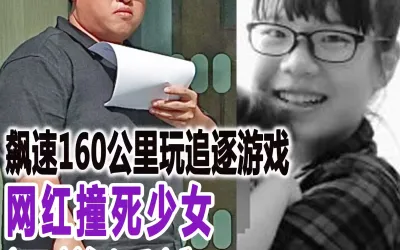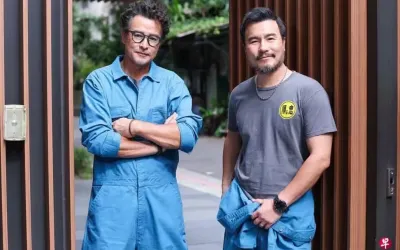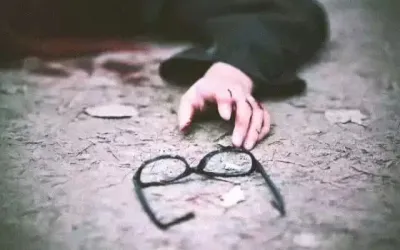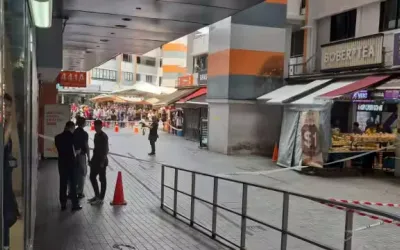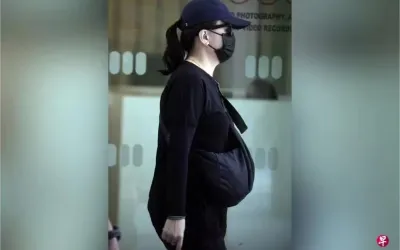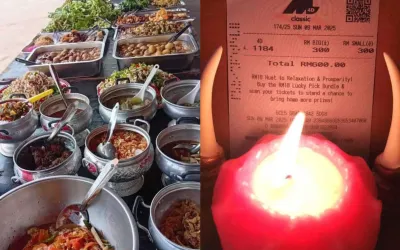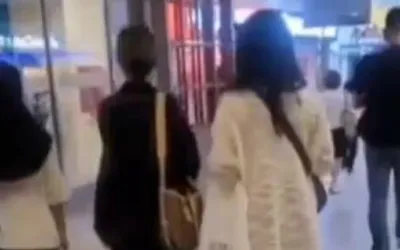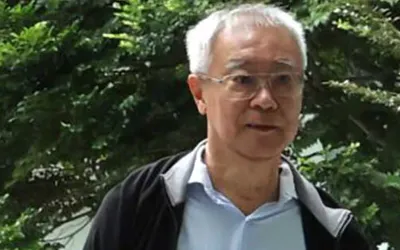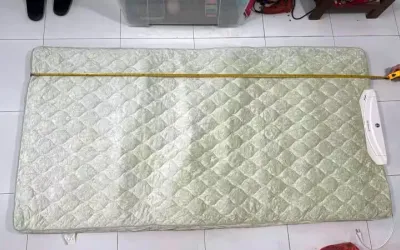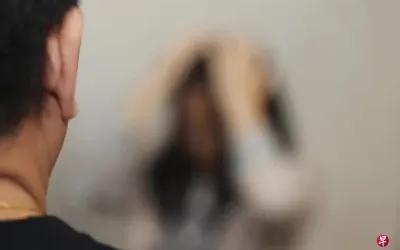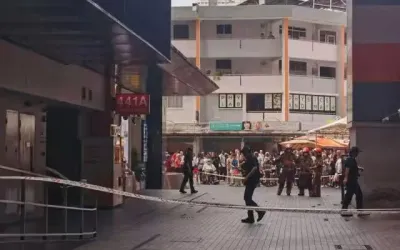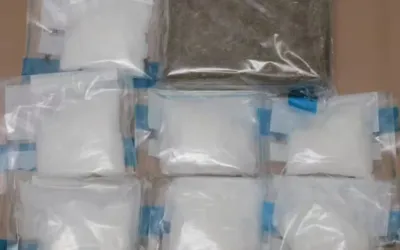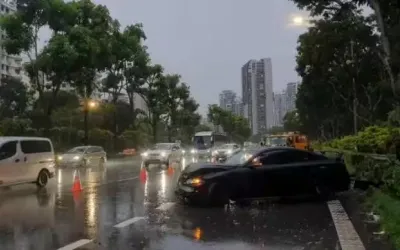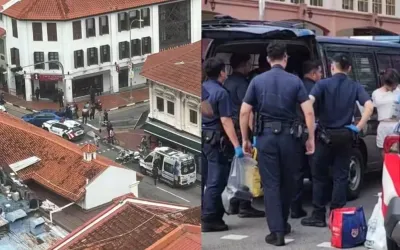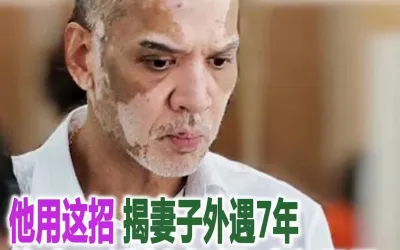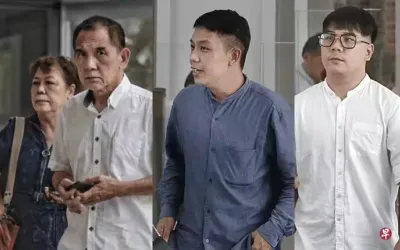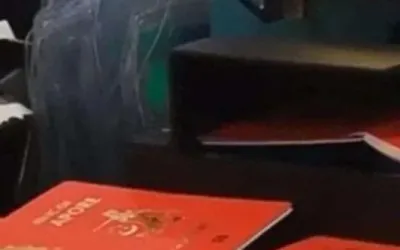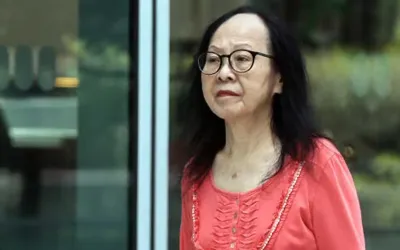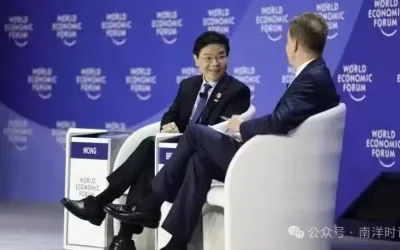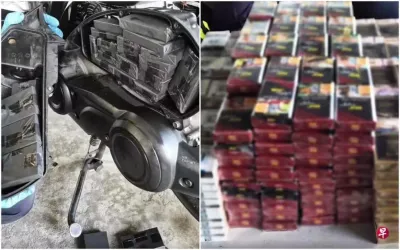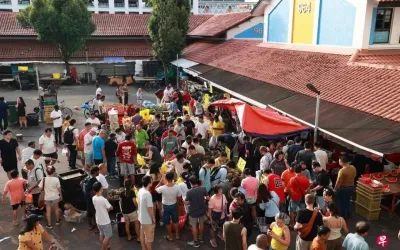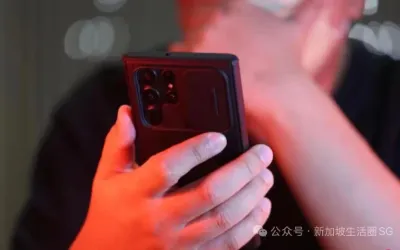2024年4月3日,新加坡內政部兼國家發展部政務部長費紹爾副教授關於刑法(臨時條款)的提議。
以下內容為新加坡眼根據國會英文資料翻譯整理:
內政部兼國家發展部政務部長費紹爾副教授:我謹代表內政部請求提議,該法案進行二讀。
先生,刑法(臨時條款)法案(1955年施行,也稱第55條)上一次延長是在2018年,為期五年,至2024年10月20日。該法案是現行立法的重要組成部分,用以懲治威脅社會安定和公共安全的性質惡劣的犯罪活動,尤其是幫派和私會黨的活動。草案提議該法案延長五年。
私會黨在新加坡已經存在很長時間了。20世紀50年代,幫會活動在新加坡猖獗,私會黨涉嫌一系列非法活動,運用暴力行為在居民社區中製造恐慌。受害者和目擊者害怕報復,不敢出庭作證,這使得法庭起訴極其困難。
在這種情況下,《刑法(臨時條款)》應運而生。該法案為政府應對問題提供了有效手段。依照該法,內政部長可以拘留與犯罪活動有關的人,或將其置於警察監督之下。這些活動列於該法附表四,包括參與私會黨或黑幫活動。
這些權力一向是謹慎和節制地使用的。部長必須確信依照法案拘留某人是出於保障公共安全、社會治安和良好秩序的目的。根據該法案,只有在起訴不可行時才會使用拘留權力。例如,因受害者和證人害怕報復而拒絕作證時。
我們為行使這些權力制定了保障措施。首先,必須獲得檢察官的同意才能發出拘留令或監督令。他必須確信起訴不可行,然後才允許根據該法案採取行動。
其次,我們設立了三個獨立於內政部的委員會,以確保拘留確實是為了保障公共安全、社會治安和良好秩序。
第一個委員會會詳細審查部長發出的每一項拘留令和警方監視令。該委員會由一名現任最高法院法官領導,成員包括社會賢良和頗具經驗的律師。委員會將審查部長在發布命令時所依據的材料,並向總統提交報告,建議確認、變更或取消該命令。
第二個委員會將對每一個得到確認的拘留令開展每年至少一次的審核。它會考慮被拘留者是否繼續對公共安全、社會治安和良好秩序構成威脅;以及被拘留者是否應該被繼續拘留或釋放的問題。
第三個委員會審查那些超過十年的拘留案件,以確定是否有必要繼續拘留。
該法案要求三個委員會在審議時考慮公共安全、個人保護和信息來源的保護。他們需向總統提交報告,總統可以根據內閣的建議,確認、修改或取消部長的命令。
第三,拘留者在委員會首次審議部長所下命令時,必須親自出席。拘留者可以由律師代理,並可以向各委員會陳情。
第四,根據該法案作出的每一個決定都可以進行司法審查。2018年修訂法案時,內政部長明確了這一點。先生,我想強調這一點,因為我知道有些成員對該法案是否排除司法審查抱有疑慮。事實並非如此。
多年來,依據該法案發出的拘留令和警方監視令的數量有所下降。從2019年10月21日到2023年12月31日,共有123人依該法案被處理——發出了86份拘留令和37份警方監視令。這比前一個法案期限內的案件數量有所減少。即便如此,發出的命令數量仍然顯著,該法案對於懲治私會黨和其他犯罪活動仍然是必要的和相關的,例如非法放貸。

以下是英文質詢內容:
The Minister of State for Home Affairs (Assoc Prof Dr Muhammad Faishal Ibrahim) (for the Minister for Home Affairs): On behalf of the Minister for Home Affairs, I beg to move, "That the Bill be now read a Second time".
Sir, the Criminal Law (Temporary Provisions) Act 1955 was last extended in 2018 for five years, till 20 October 2024. The Act is a critical piece of legislation for us to deal with egregious criminal activities which threaten the sense of safety and security in Singapore, in particular the activities of gangs and secret societies. This Bill seeks to extend the Act for another five years.
Secret societies have been in Singapore for a long time. In the 1950s, gang activity in Singapore was rampant. Secret societies were involved in illicit activities and used violence to impose fear on the community. Victims and witnesses feared reprisal against themselves and their family members, if they testified against the secret societies. This made prosecution in court extremely difficult.
It was against this backdrop that the Act was introduced. The Act gave the Government levers to deal effectively with the problem. Under the Act, the Minister for Home Affairs may detain, or place under Police supervision, persons associated with activities of a criminal nature. These activities are set out in the Fourth Schedule of the Act and include involvement in a secret society or as a gangster.
These powers are exercised carefully and sparingly. The Minister must be satisfied that detaining a person under the Act is necessary in the interests of public safety, peace and good order. The power to detain someone under the Act is used only when prosecution is not viable. For example, because victims and witnesses refuse to testify for fear of reprisal.
We have put in place safeguards in the exercise of these powers. First, the consent of the Public Prosecutor must be obtained for a detention order or supervision order. He must be satisfied that prosecution is not viable, before allowing executive action under the Act.
Second, we have three committees that are independent of the Ministry of Home Affairs (MHA) to ensure that detentions are necessary in the interests of public safety, peace and good order.
The first committee scrutinises every detention and supervision order issued by the Minister. It is chaired by a sitting Judge of the Supreme Court and comprises senior and experienced lawyers. It examines the evidence that was considered by the Minister in issuing the order and submits its report to the President to recommend the confirmation, variation or cancellation of the order.
A second committee considers every confirmed detention order at least once annually. It will consider whether the detainee continues to pose a threat to public safety, peace and good order; and whether the detainee should continue to be detained or released.
A third committee reviews detention cases which are being considered for extension beyond 10 years, to determine if continued detention is indeed necessary.
The Act requires the committees to have regard to public safety, the protection of individuals and the safeguarding of sources of information, in their deliberation. They are required to submit a report to the President, who may, on the advice of the Cabinet, confirm, vary or cancel the order made by the Minister.
Third, detainees are required to attend in person before the first committee, when the committee considers the order made by the Minister. Detainees can be represented by lawyers and may make representations to the various committees.
Fourth, every decision made under the Act can be subject to judicial review. This was made clear by the Minister for Home Affairs when the Act was amended in 2018. Sir, I want to emphasise this point as I know that some Members have raised their concerns as to whether the Act ousts judicial review. It does not.
Over the years, the number of detention and supervision orders issued under the Act has declined. From 21 October 2019 to 31 December 2023, 123 persons were dealt with under the Act – 86 Detention Orders (DOs) and 37 Police Supervision Orders (PSOs) were issued. This was fewer than the number of cases in the same period of the previous term of the Act. Even so, the number of orders issued is significant and the Act continues to be necessary and relevant – not only against secret societies, but also other criminal activities, such as unlicensed moneylending.
FS丨編輯
HQ丨編審
新加坡國會丨來源
